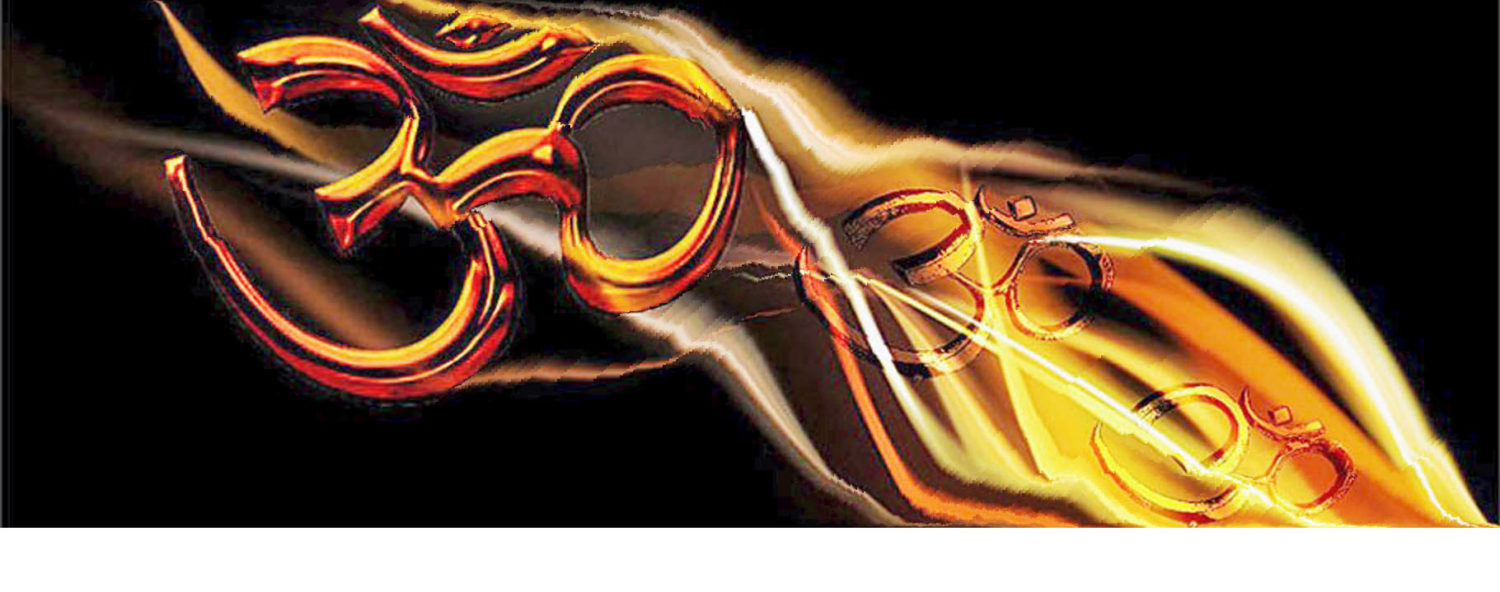SELF-SURRENDER
A Devotee said:
D: I fear that Self-realisation is no easy thing to attain.
M: Why impede yourself by anticipating failure? Push on. Self-realisation will come to an earnest seeker in a trice.
To illustrate this, Sri Bhagavan told the following story:
KING JANAKA was listening to a philosophical treatise read by the state pandit, wherein a passage occurred to the effect that a rider who had placed one foot in the stirrup, contemplating upon realisation could realise the Self before he lifted the other foot to place it in the other stirrup. That is, the passage taught, that when realisation comes, it comes in an instant. The king stopped the pandit from proceeding further, and ordered him to prove the statement. The pandit admitted that he was only a book-worm and was unable to impart practical wisdom.
Janaka suggested that the text was either false or exaggerated, but the pandit would not agree to this. Though he himself was unable to impart practical wisdom, he maintained that the text could not be false or exaggerated, since it contained the words of wise sages of the past. Janaka was annoyed with the pandit and in a fit of rage condemned him to prison. He then inflicted the same punishment on every pandit who passed for a wise man but was unable to prove this scriptural text.
For fear of being imprisoned, some of the pandits fled the country in voluntary exile. While two or three of them were running through a thick forest, a sage called Ashtavakra,* who though young in age was wise in learning, happened to cross their path. Having learnt their plight, Ashtavakra offered to prove the text true to the king and thereby have the imprisoned pandits released. Impressed by his bold assurance, they took him in a palanquin to the king. At the sight of the sage, the king stood up and saluted him with great reverence. Ashtavakra then ordered the king to release all the pandits. Janaka thought that such an order could come only from one who had the capacity to set his doubts at rest, and hence he released all the pandits and asked the sage whether he could summon the horse. The sage advised him not to be in a hurry and suggested that they should go to a solitary spot.
Thereupon the king on his horse and the sage in a palanquin went out of the city towards the forest. When they reached the forest the sage asked the king to send back the retinue. The king did as he was asked, and then placing one of his feet in the stirrup, he requested the sage to prove the scriptural text. But the sage replied by asking whether the position in which they stood indicated a proper master-disciple relationship. The king then understood that he should show due reverence towards Ashtavakra, and prayed to him for grace. The sage then addressed him as ‘Janaka’, since he was no longer a king and told him that before being taught Brahma jnana, a true disciple should surrender himself and all his possessions to his Master. “So be it”, said the king. “So be it” replied the sage and disappeared into the forest. From that moment Janaka stood transfixed with one foot in the stirrup and the other dangling in the air, as if he were a statue. (Saying this, Sri Bhagavan imitated the posture of King Janaka).
Time passed by, and the citizens, finding no sign of their king returning, grew anxious and began to search for him. They came to the place where Janaka was standing transfixed and were dismayed to find him unaware of their presence and indifferent to their earnest enquiries. They therefore began searching for Ashtavakra who, they thought, must be a charlatan that had cast a spell upon their king, and vowed vengeance upon him. At the same time, being concerned with the king’s condition and wanting to minister to him, they brought him back to the city on a palanquin. The king, however, continued to remain in the same condition.
At last, having found Ashtavakra, the ministers entreated him to remove the alleged spell and bring the king back to his normal condition. At the same time they charged him with the responsibility for having cast the spell. Ashtavakra treated their ignorant remarks with contempt and called the name of Janaka, who immediately saluted him, and responded to his call. The ministers were surprised. Ashtavakra told the king that he was being maliciously accused by the people of having brought him to some sad plight and asked him to tell the truth. On hearing this, the king angrily asked, ‘Who said so’? The ministers were taken by surprise and pleaded for mercy.
Thereupon, the sage advised the king to resume his normal functions, adding that Brahma jnana could be taught only to competent persons and that since the king had successfully passed the test, he would now impart it to him. Then the sage remained alone with the king during the night and taught him the ultimate Truth, saying “Brahman is not anything new or apart from oneself and no particular time or place is needed to realise It.” He finally concluded by saying, “That Thou Art” (tat tvam asi). That is the Self, eternal and infinite.
The next morning the ministers found that the king called the assembly and performed his functions as usual. In the assembled court Ashtavakra asked the king whether his former doubt about whether Brahma jnana could be attained as suddenly and as quickly as mentioned in the scriptures was cleared, and if so to bring the horse and demonstrate the truth of it.
The king was all humility now and said, “Lord! Because of my immaturity, I doubted the correctness of the scriptural text. I now realise every letter of it is true.” The ministers thanked the sage.
Note:
* Ashta means ‘eight’ and vakra means ‘bends’. Ashtavakra was so named because his body had eight deformities.
Spiritual Stories as told by Sri Ramana Maharshi


